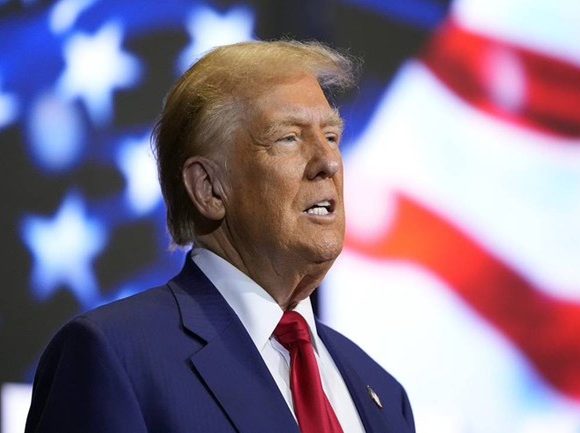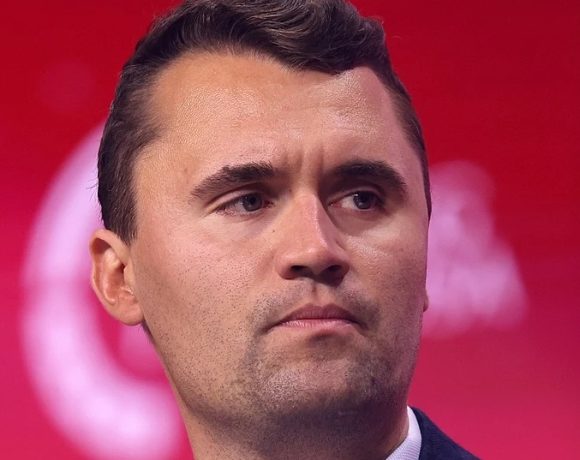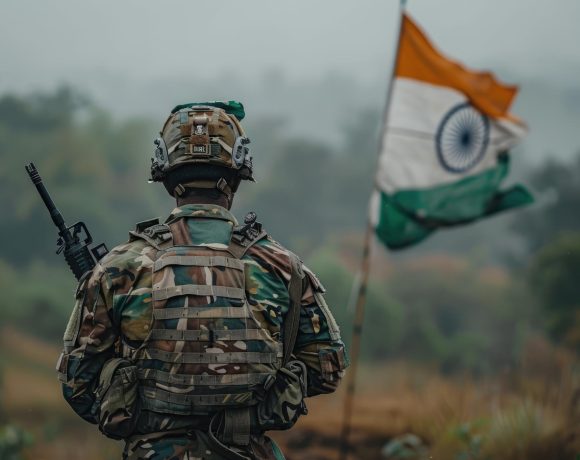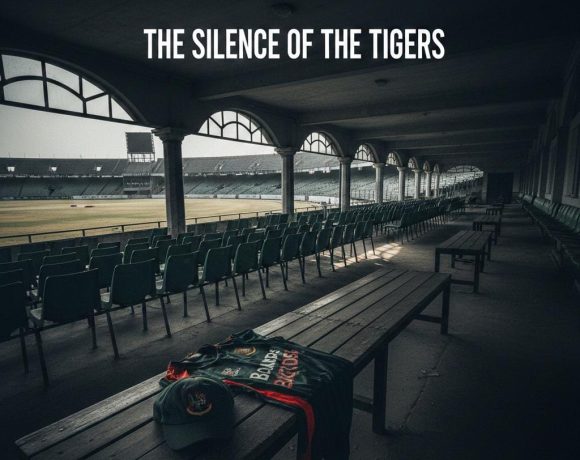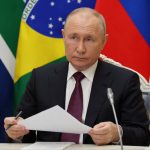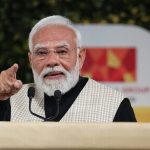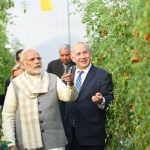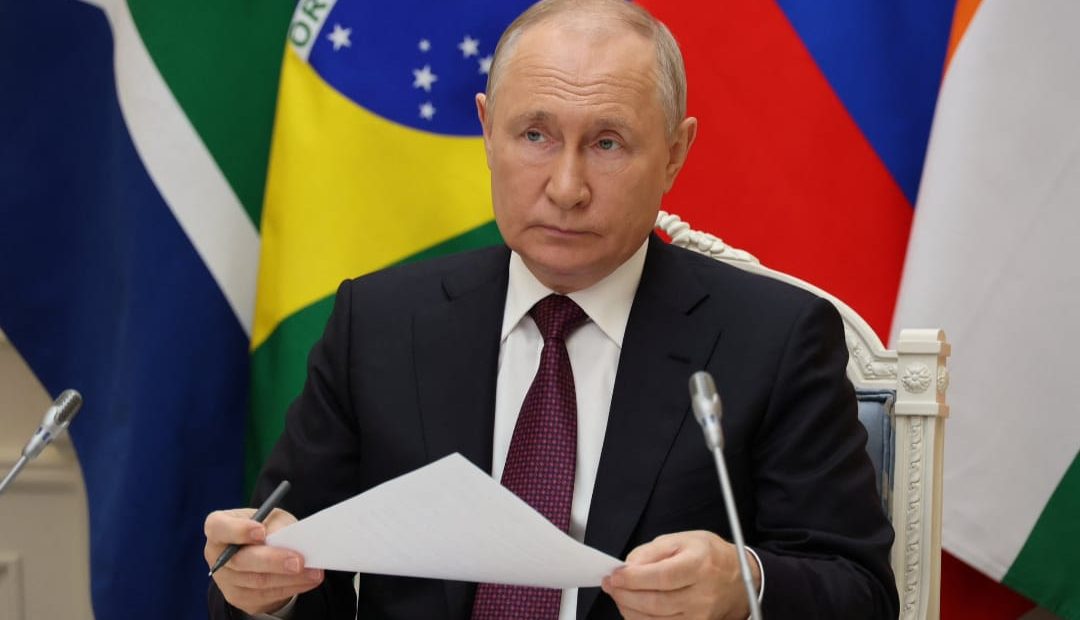
Ukraine Drone Strike Disrupts Moscow Airports
Flights at two major airports in Moscow—Vnukovo and Zhukovsky—were suspended following what Russian authorities described as a massive drone assault launched by Ukraine. The incident, which unfolded late Tuesday night, prompted emergency measures and airspace restrictions as Russia scrambled to intercept incoming aerial threats. Officials stated that over 100 drones were involved, many of which were neutralized near Moscow and other key regions.
Rosaviatsia, Russia’s federal air transport agency, confirmed that several flights were temporarily grounded as drones were detected near civilian aviation routes. While flight operations have since resumed, authorities have maintained high alert, with drone detection systems continuing to scan the airspace around the capital.
Ukraine Steps Up Drone Warfare
The drone offensive marks a notable escalation in Ukraine’s strategy to push back against Russian advances by targeting infrastructure and logistical hubs deep within Russian territory. These strikes are part of Ukraine’s broader effort to bring the battlefield closer to Moscow, shifting the pressure onto the Kremlin both militarily and psychologically.
While Russia claimed it thwarted most of the drone activity with anti-aircraft measures, debris from intercepted drones reportedly damaged structures and disrupted transport networks. Although no casualties were reported in Moscow, the psychological impact and economic costs of repeated drone attacks are mounting.
In retaliation, Russian forces launched drone strikes on Ukraine’s Kharkiv region, injuring at least eight people, including a child. Ukrainian air raid alerts were triggered across several oblasts as part of a defensive response, heightening the alert level across the country.
International Reactions and Strategic Implications
The attack has drawn international attention, not just for its scale but also for its implications on the evolving dynamics of the war. Former U.S. President Donald Trump condemned Russian President Vladimir Putin, accusing him of escalating the war and increasing the risk of wider conflict.
In a stark response, Dmitry Medvedev, former President of Russia and current Deputy Chair of the Security Council, issued a veiled nuclear threat, warning that “we’re getting dangerously close to World War III.” His comments reflect the intensifying rhetoric on both sides as the conflict becomes increasingly drawn out and globalized in scope.
As both nations escalate their use of drone warfare, civilian infrastructure, economic systems, and regional security continue to be at risk. The incident underscores the fragile balance in Eastern Europe and signals that both Ukraine and Russia are prepared for a prolonged and high-tech phase of conflict.


